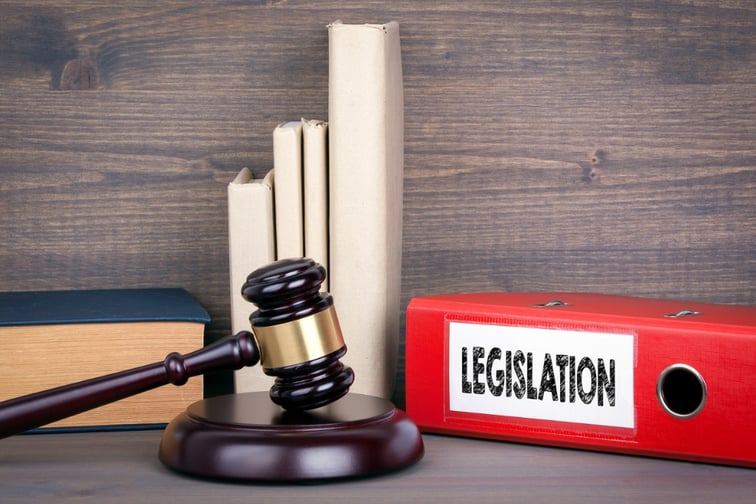

An Illinois bill that would allow for punitive damages in wrongful death cases has raised concerns among industry groups, including the American Property Casualty Insurance Association (APCIA) and the Illinois Insurance Association (IIA).
A joint statement from the two associations warned of the detrimental impact that the bill could have on the state’s public policy and various stakeholders.
Introduced by Representative La Shawn Ford, House Bill 219 seeks to reverse the current prohibition on insurers paying punitive damages.
This would make Illinois an outlier state in terms of the damages allowed in wrongful death cases, according to the APCIA-IIA statement. While some states that permit punitive damages also place caps or limitations on both punitive and non-economic damages, Illinois does not.
The associations went on to argue that expanding the available damages in this manner would inevitably lead to an increase in claims, lawsuit filings, and subsequently drive up the costs of defense, settlements, and claims administration.
“A policy shift of this significance, expanding wrongful death recovery to allow for punitive damages, would likely have a detrimental impact on Illinois civil defendants, consumers, businesses, health care providers, and insurers due to increased claims, litigation, jury verdicts, and settlements,” they said. “This would significantly increase insured losses, placing upward pressure on premiums.”
Proponents of the bill have argued that punitive damages serve as a deterrent against negligence and wrongdoing.
“This type of legislation is in 34 other states,” said the bill’s sponsor, Representative Jay Hoffman, per a report by The Center Square. “I believe it’s important that punitive damages for bad actors be available in wrongful death cases.”
Still, opponents worry that increased litigation costs would outweigh any potential benefits.
“The plaintiff has to be considered, absolutely, but there’s a company there and maybe there are some bad actors within that company, but there’s probably a whole lot of employees relying on that company to feed their families and everything else that may be adversely impacted by this as well,” said Representative Dan Ugaste during a House Judiciary Committee hearing on Tuesday.
What are your thoughts on this story? Feel free to comment below.
